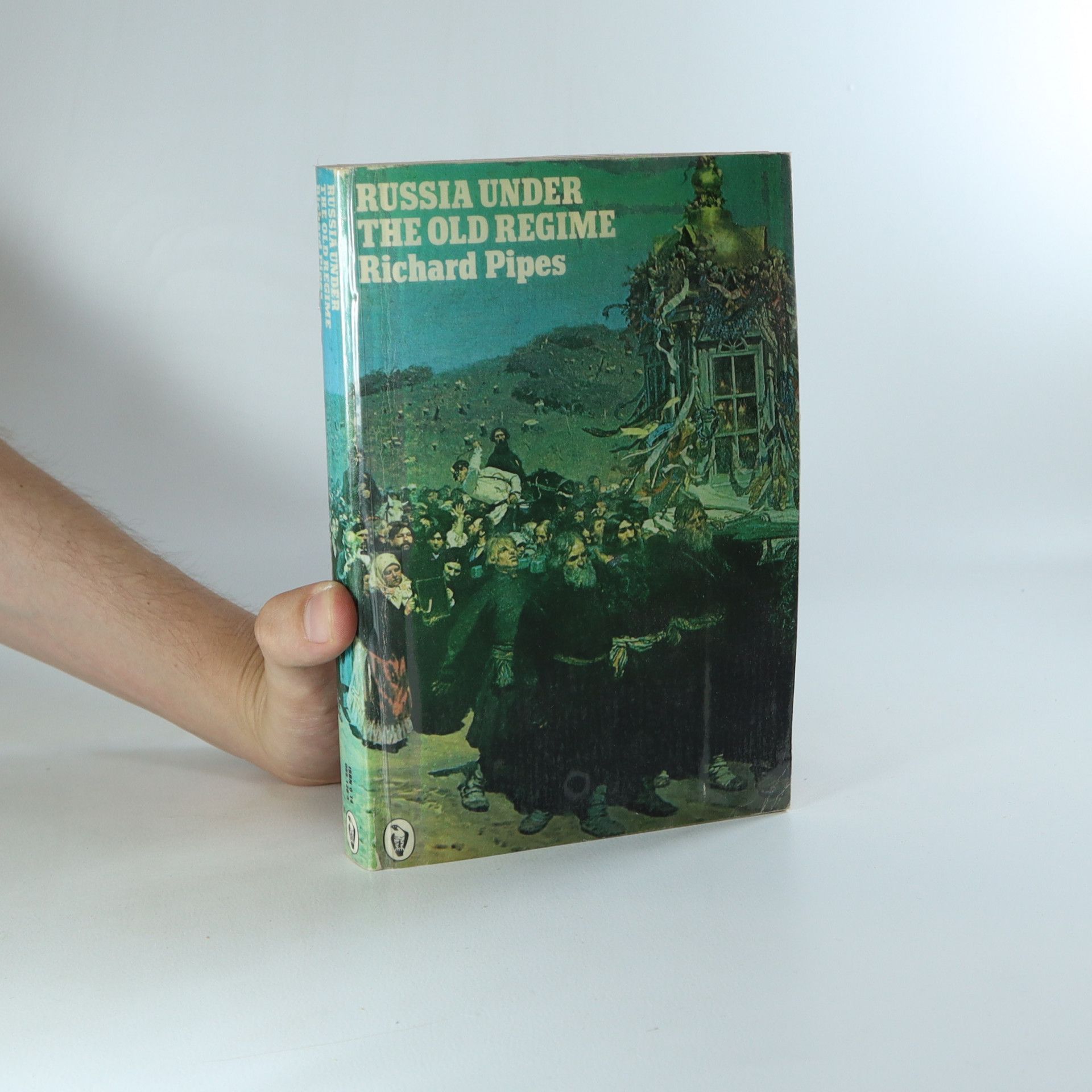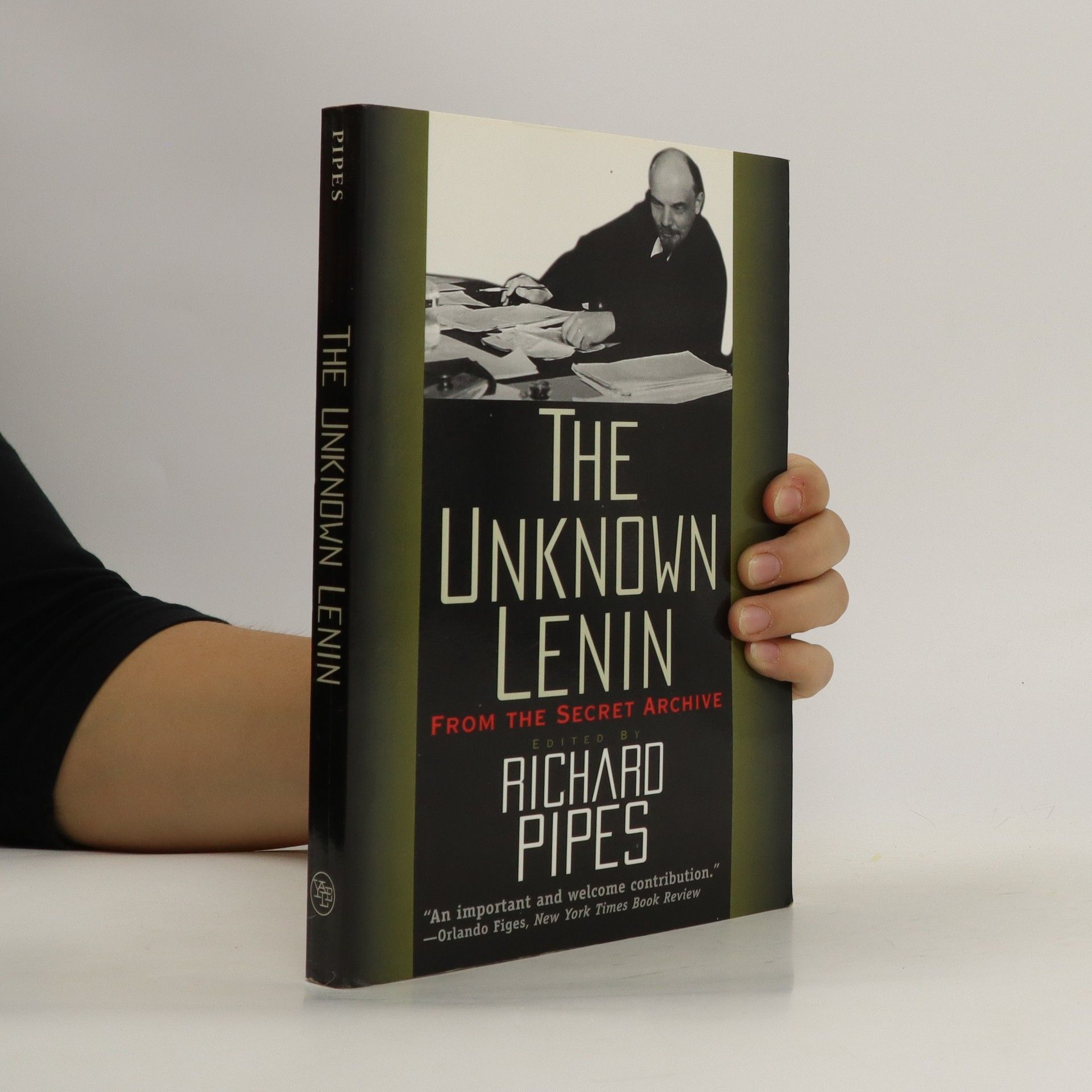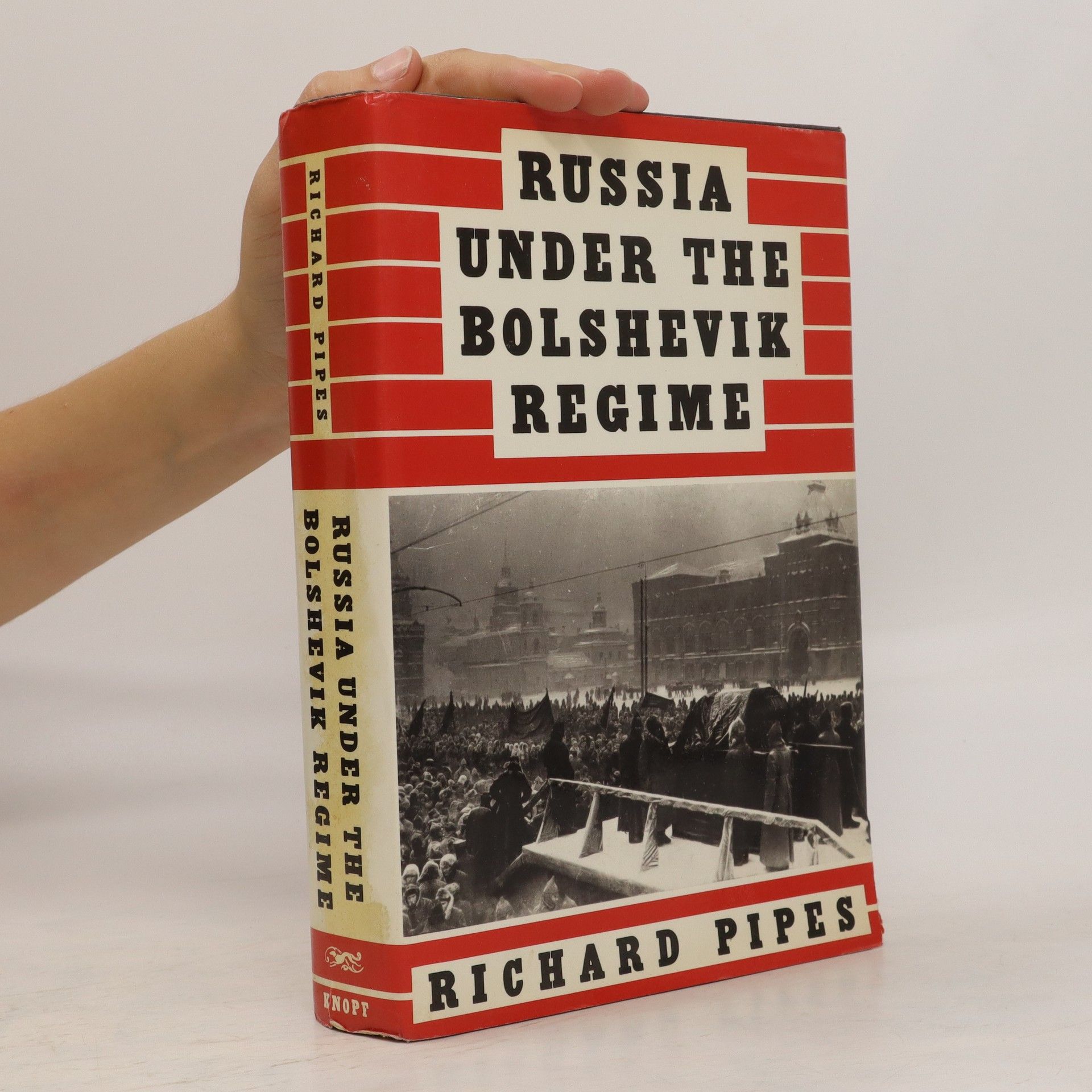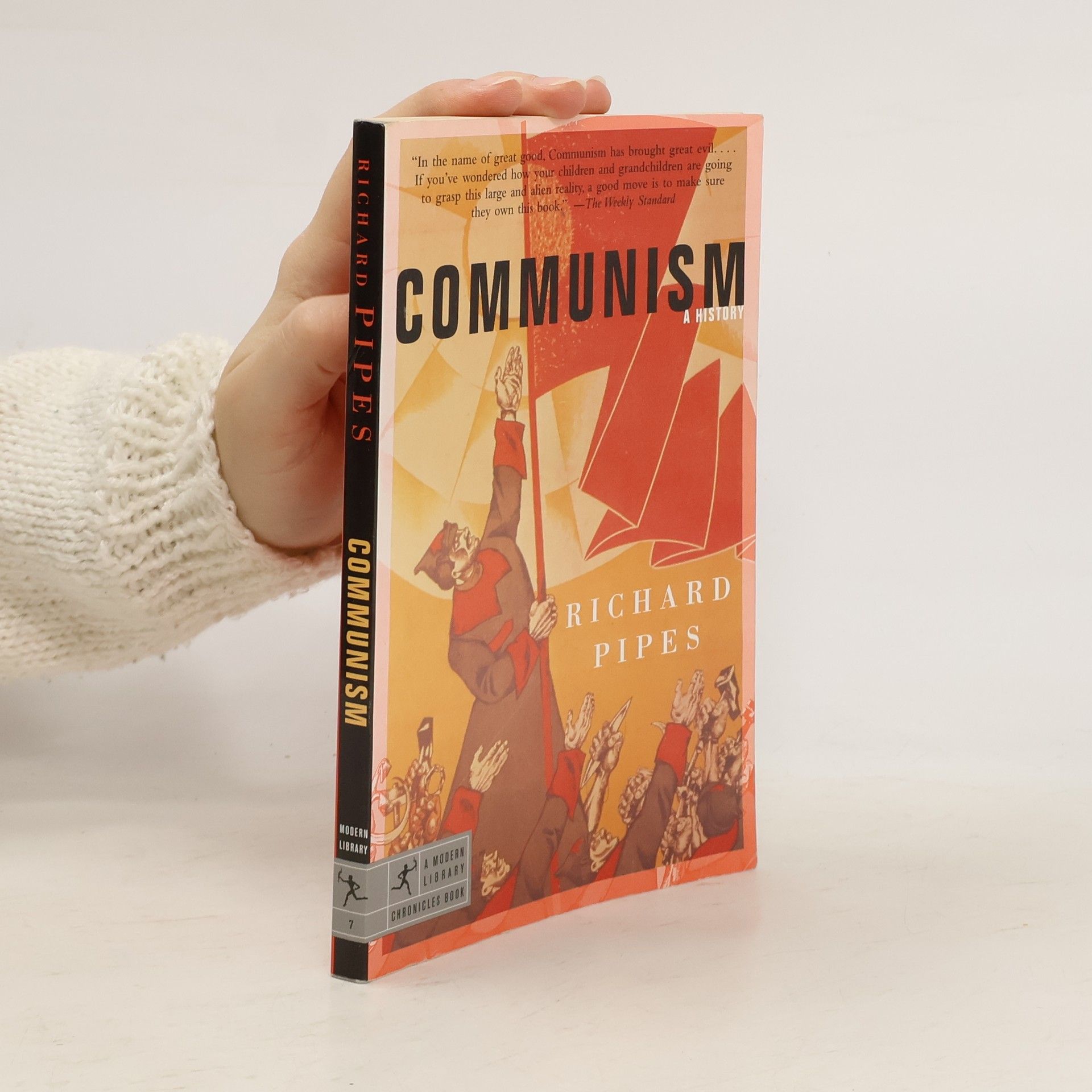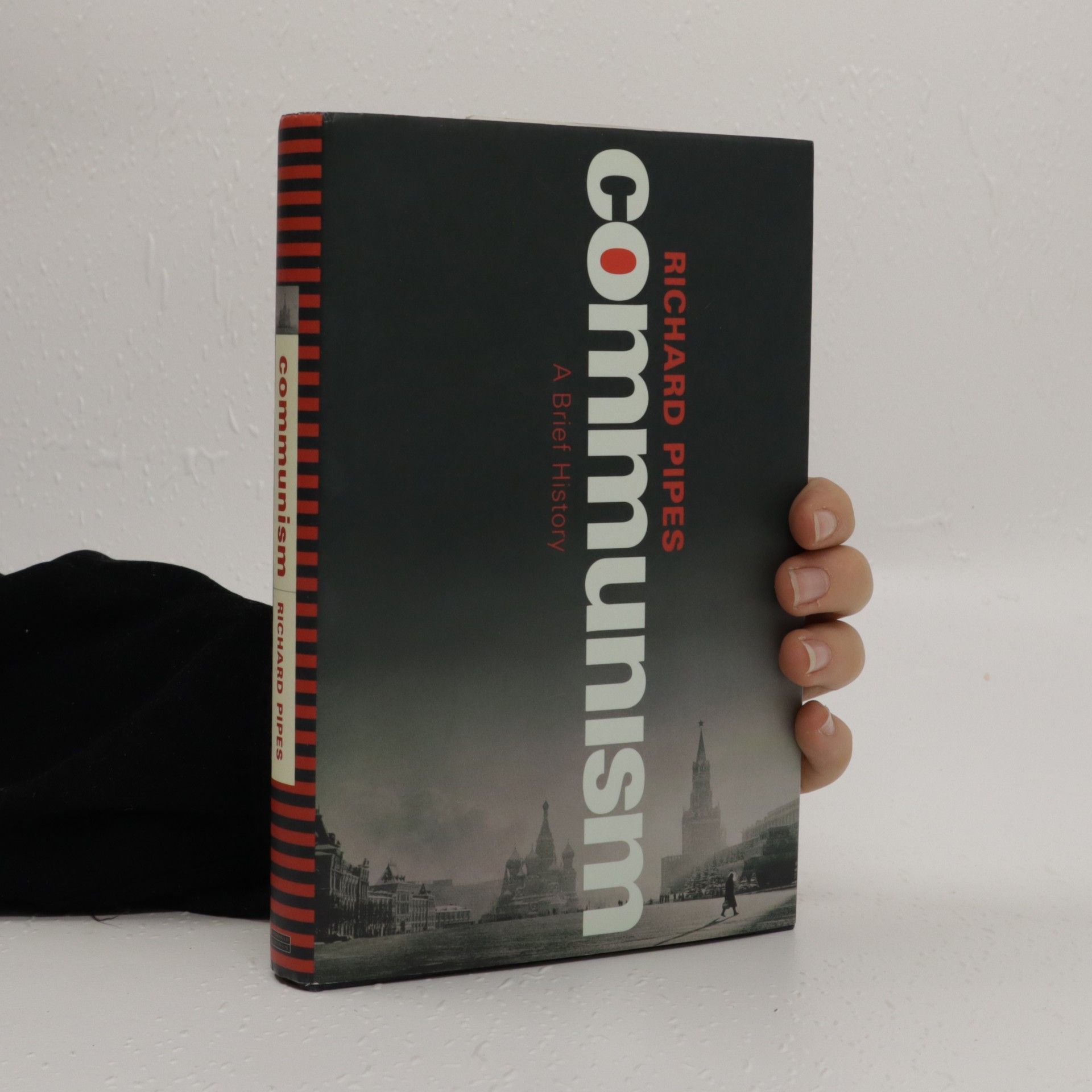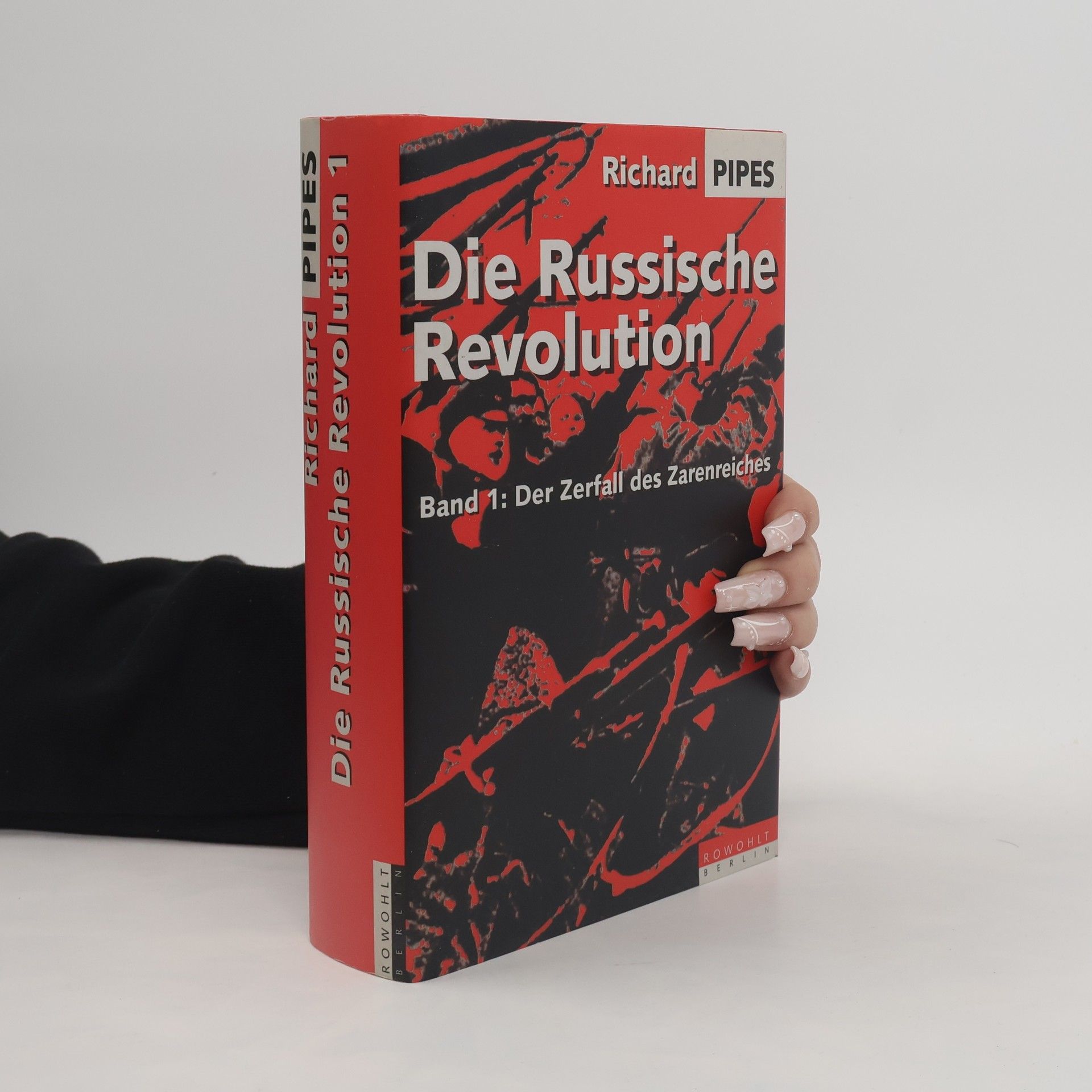Czerwone imperium
- 364 pages
- 13 hours of reading
Interesująca, pełna nieznanych szczegółów historia rozpadu Cesarstwa Rosyjskiego i wzniesienia na jego gruzach wielonarodowego państwa komunistycznego. Richard Pipes opisuje, w jaki sposób bolszewicy wykorzystali ruchy narodowe na Ukrainie, Białorusi, Kaukazie i w Azji Środkowej, aby zdobyć władzę i rozciągnąć ją na kresy dawnego cesarstwa. Ważny przyczynek do współczesnej historii krajów należących niegdyś do Związku Sowieckiego.

